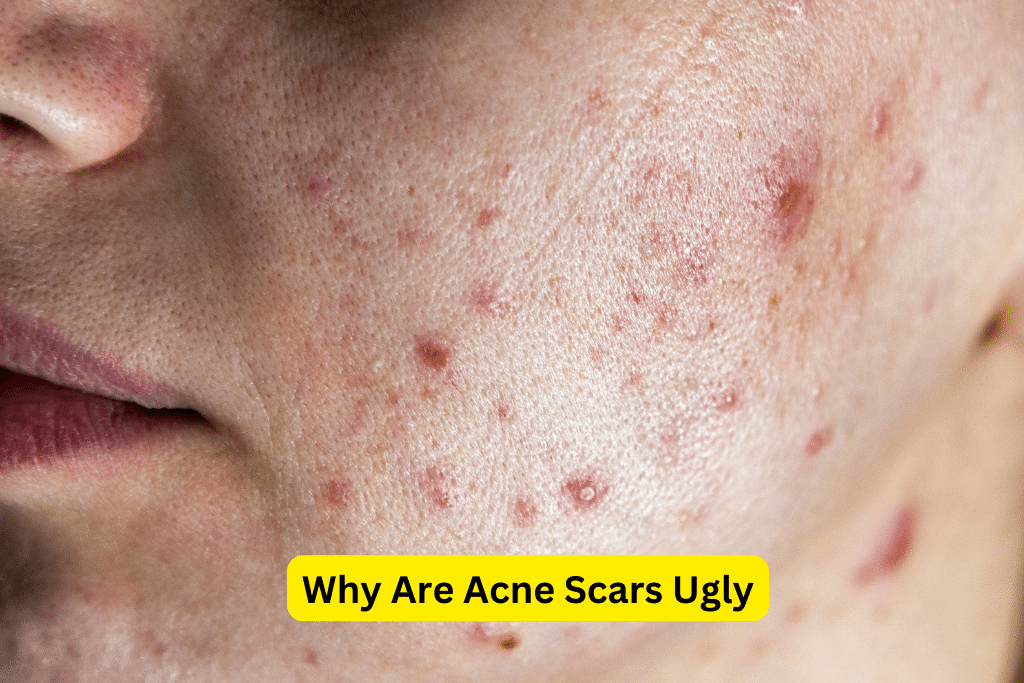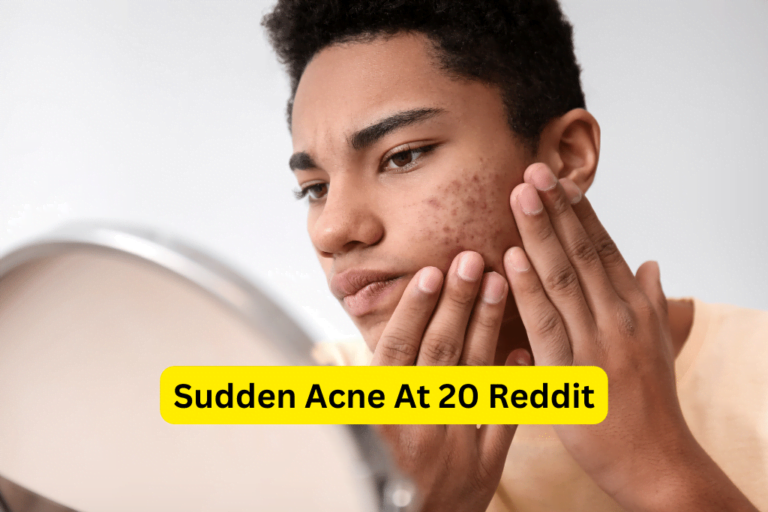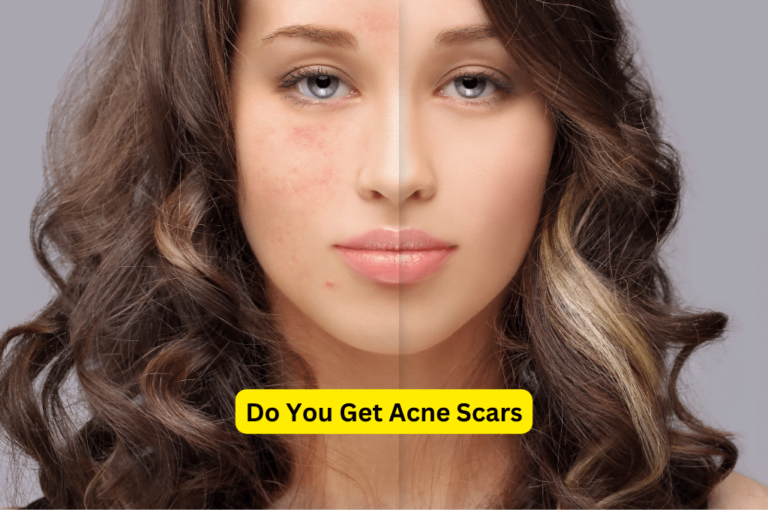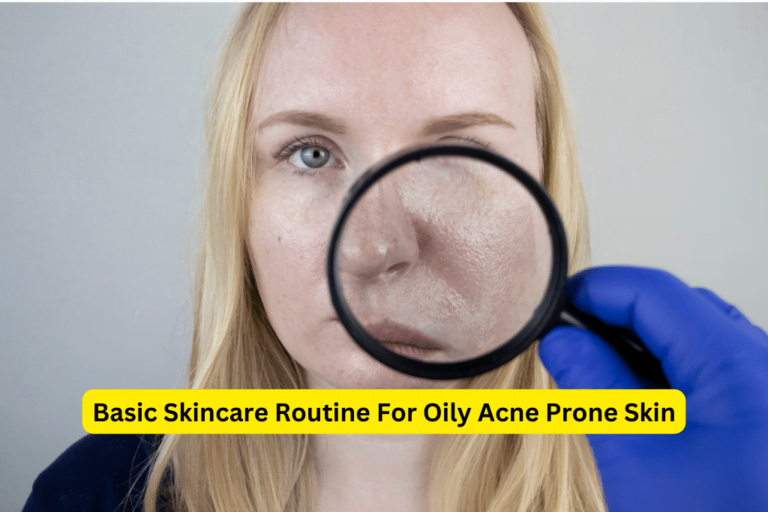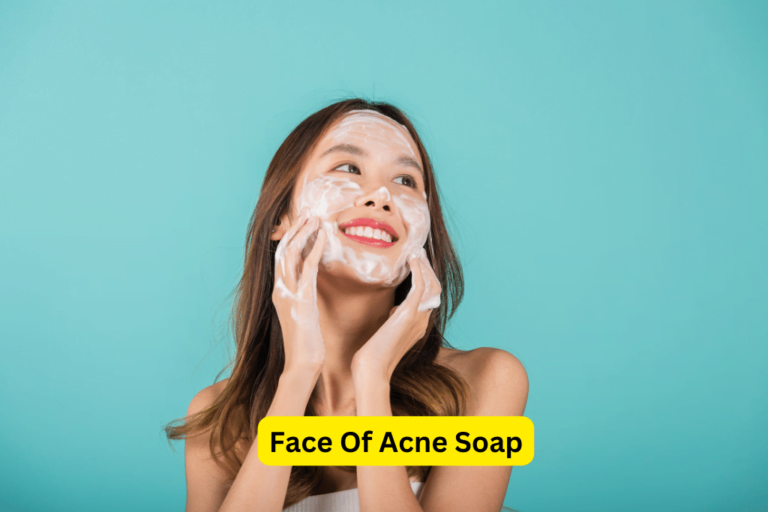Why Acne Scars Are Unpleasant: Unveiling the Impact and Solutions
Why Are Acne Scars Ugly
Acne scars are a common aftermath of acne. They can have a significant impact on an individual’s self-esteem and confidence. Understanding the nature of acne scars and exploring the reasons behind their perceived ugliness is essential in order to provide effective solutions and support for those affected.
Understanding Acne Scars
Acne scars are distinct from acne itself. While acne is a skin condition characterized by clogged pores, inflammation, and the presence of pimples or blackheads, acne scars occur as a result of the healing process after acne lesions have resolved. There are different types of acne scars, including atrophic, hypertrophic, and rolling scars. These scars can vary in appearance and severity, causing variations in texture and pigmentation.
Why Are Acne Scars Considered Ugly?
A. Psychological Impact
Acne scars are often perceived as unattractive due to society’s beauty standards and the emphasis on flawless skin. Media portrayals of flawless faces create an unrealistic expectation of beauty, leaving individuals with acne scars feeling self-conscious and socially stigmatized. The emotional toll on those with acne scars can lead to lowered self-esteem and diminished confidence.
B. Physical Appearance
The physical appearance of acne scars can contribute to their perceived ugliness. Discoloration and uneven skin texture caused by scar tissue can make the skin look unhealthy and damaged. Additionally, the presence of visible depressions or raised areas on the skin can further reinforce the perception of ugliness.
Factors That Make Acne Scars More Prominent
A. Skin Type and Color
The visibility of acne scars can be influenced by an individual’s skin type and color. Melanin production in the skin plays a role in scar pigmentation, and scars can appear more prominent on fair or light skin. Conversely, darker skin tones may exhibit post-inflammatory hyperpigmentation, making acne scars more noticeable.
B. Depth and Severity of Acne Scars
The depth and severity of acne scars also contribute to their visibility. Shallow scars may be less noticeable, while deeper scars can create more significant textural changes, such as ice-pick scars or boxcar scars. These deeper scars can be more challenging to treat and require more intensive interventions.
Available Treatments for Acne Scars
A. Topical Treatments
Topical treatments can help reduce the appearance of acne scars. Retinol or retinoids stimulate collagen production, improving skin texture and reducing the visibility of scars. Chemical exfoliants promote skin cell turnover, diminishing the appearance of scars over time.
B. Invasive Procedures
Invasive procedures, such as microdermabrasion and dermabrasion, can resurface the skin, diminishing the appearance of scars. Laser treatments are also effective in reducing scar visibility by promoting collagen remodeling and reducing pigmentation.
C. Injectable Fillers and Fat Transfer
Injectable fillers and fat transfer are options to fill in depressions caused by acne scars temporarily. These procedures provide immediate volume and texture improvement. Long-term solutions, such as fat transfer, can improve scar appearance by replacing scar tissue with healthy fat cells.
Prevention and Care
A. Tips for Preventing Acne Scars
Gentle acne treatment is essential to minimize scarring. Avoid picking or popping pimples, as this can increase the risk of scarring. Proper wound care, such as keeping the area clean and applying topical antibiotics, can help prevent infection and subsequent scarring.
B. Skincare Routine for Reducing the Visibility of Acne Scars
Establishing a skincare routine that includes products with ingredients like vitamin C, hyaluronic acid, and niacinamide can promote scar healing and reduce their visibility. Sun protection is also crucial to prevent further damage and discoloration of scars.
When to Seek Professional Help
If acne scars are causing significant distress or affecting daily life, it is advisable to consult a dermatologist or skincare specialist. These professionals can provide personalized advice and recommend suitable treatments based on the severity of the scars.
Conclusion
Acne scars have a profound psychological and physical impact on individuals. Understanding the factors that contribute to their perceived ugliness and exploring available treatment options is crucial for those seeking to address their scars. It is essential to empower individuals with acne scars to seek professional help, embrace their unique beauty, and regain their self-confidence.


